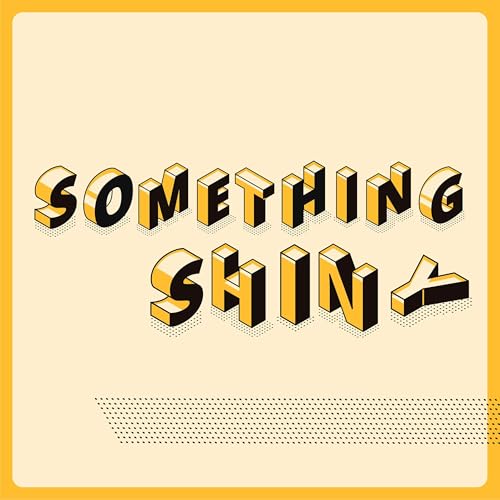Isabelle and David continue to talk with David’s brother’s friend, Aaron, and dig deep into why winding down and going to sleep is the hardest transition of all: because you're staring into a black hole of no dopamine for hours! And also, a lot of traditional sleep hygiene tricks may not work. Folks with ADHD have higher rates of sleep apnea, among other sleep disorders, and also, can do with staying away from preferred activities before bed. This, sleep tips and tricks, and recognizing the value of being open about your neurodivergence...as well as some really good callbacks to the previous two episodes (096 and 097) regarding "St. Elmo's Fire's" amazing theme song.—-Isabelle and Aaron wonder: what’s with this PDA business (persistent drive for autonomy/persistent demand avoidance)? David explains: It’s hard for us to connect a learned moment with an experience, it’s hard for us to take a moment we're learning now and take it into the future, and we're distractable. If we're in a place with any shame, guilt, or anxiety, distraction becomes highly reinforcing. We are highly reinforced by not paying attention to what we want to pay attention to it. We're not seeing the long term consequence, we don’t understand what we're doing to our future by not doing it in this moment--delay of gratification and response cost. Like, what did you do today? “I watched three seasons of Scrubs and ate a buffet of Indian food.” We can't claim any wins at the end of the day, but in the moment it felt so nice, it was a distraction. Neurologically we don't get a success, norepinephrine —you feel anxious, and it leads into their evening, and for kids and adults, if you're really anxious about the next day, you don't want to go to sleep. “The longer I'm up today, the longer today is! I don't have to face tomorrow if I haven't gone to bed yet.” David has been thinking about this with his friend and colleague Noah, based on this book, Dopamine Nation. If we’re not accommodated or assisted by something during a transition, and then you have nothing else to do, you are looking down a long dark hole of no dopamine—that’s why the evening can look so hard. The road to sleep to extra awful, you have to sit still, you have to tolerate frustration and still yourself enough to go to sleep. David names: we are considered overtired if it takes less than 15 minutes to fall alseep—most ADHD folks, as an accommodation to not sit in the discomfort of staying still with no dopamine, don’t hit the bed until they are beyond exhausted and just crash. Isabelle and Aaron disbelieve this. Isabelle does not compute that this is how people live, that people just lay there for 8, 10, 15 minutes and slowly go to sleep, this has never happened to her. Aaron gets anxious that he won't fall asleep in 5 minutes and then can't stand the guided meditation. David will be snoring watching tv on the couch with his partner but doesn’t confirm he is “tired." with Delayed sleep phase onset, this is a thing we struggle with. Accommodations for sleep? Did you use enough physical energy during the day? You can't go into a preferred activity before bed—you have to find weird shows or things that are interesting but not so interesting it will keep you awake. What is a preferred activity? If you're super into a video game, for example—if you can't sleep, don't play the video game. The things that you prefer and wake you up, engage your hyperfocus. What's the boring video game that’s like paint by numbers? Isabelle will read nonfiction when she’s not feeling very tired, but if she reads compelling fiction she will stay awake. Because, who wants to sit in boredom? These are tips that are not sleep hygiene or what you’d expect. So many tactics to help a kid fall asleep are there to help them get bored enough to stay still and not reach for a preferred activity. The most important task in the brain's development is boredom: One of the most important things is to experience boredom. It's really important and yet we run from it all the time. A neurotypicaly person needs to encounter a certain amount of boredom to get creative. But with ADHD, we are bored a 1000's of times more often in a day than a neurotypical does in a day, and the feeling of being bored is so caustic and our brain is so creative and thinking of fun things all the time. But because we encounter so many micromoments of boredom, it makes it really hard to tolerate the 10 or 15 minutes to fall asleep. Or try something on in the store. The moment of a transition that's boredom and hurts. When do we want to sit with it, when do you want to avoid it? David tries to stop listening to a D&D podcast he wants to, he's trying to train himself to be awake still and do it at a time and then fall asleep, instead of falling asleep when he crashes. AND there are literal sleep disturbances. People with ADHD have a much higher likelihood of getting a CPAP machine and sleep ...


